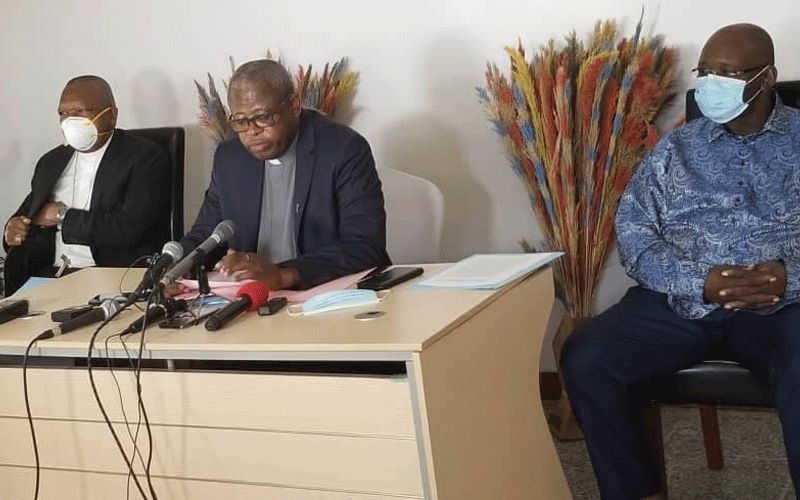Kinshasa, 05 May, 2020 / 5:12 am (ACI Africa).
Religious leaders in the Democratic Republic of Congo (DRC) are seeking a revision of the modalities put in place by the country’s President for the management of COVID-19 Solidarity Fund, which is headed by Fridolin Cardinal Ambongo.
They have faulted the modalities of managing the National Solidarity Fund for the Fight against COVID-19 (FNSCC) as currently framed saying there is a level incompatibility with their spiritual leadership role in society when they have to engage in managing public funds. They suggest the establishment of a “Consultative Council.”
“The heads of religious denominations, who are willing to contribute in the fight against COVID-19, have realized that the modalities of collaboration as stipulated in the ordinance are incompatible with their status as spiritual leaders. Above all, it is about their direct involvement in the day-to-day management of public funds,” the religious leaders stated in their collective statement dated May 1 and signed by their Secretary General, Fr. Donatien Nshole.
On April 22, DRC’s President Félix Tshisekedi appointed the Archbishop of Kinshasa, Cardinal Ambongo as head of the FNSCC and Pastor André Bokondoa as his deputy.
In their collective Press Release, the faith-based leaders explained, “Cardinal Ambongo who is also the Vice-President of the Episcopal Conference of DR Congo (CENCO) and Pastor Bokondoa requested a meeting with the Head of State to consider the possibility of amending certain provisions of his appointments of April 22 by adding a Consultative Council.”








